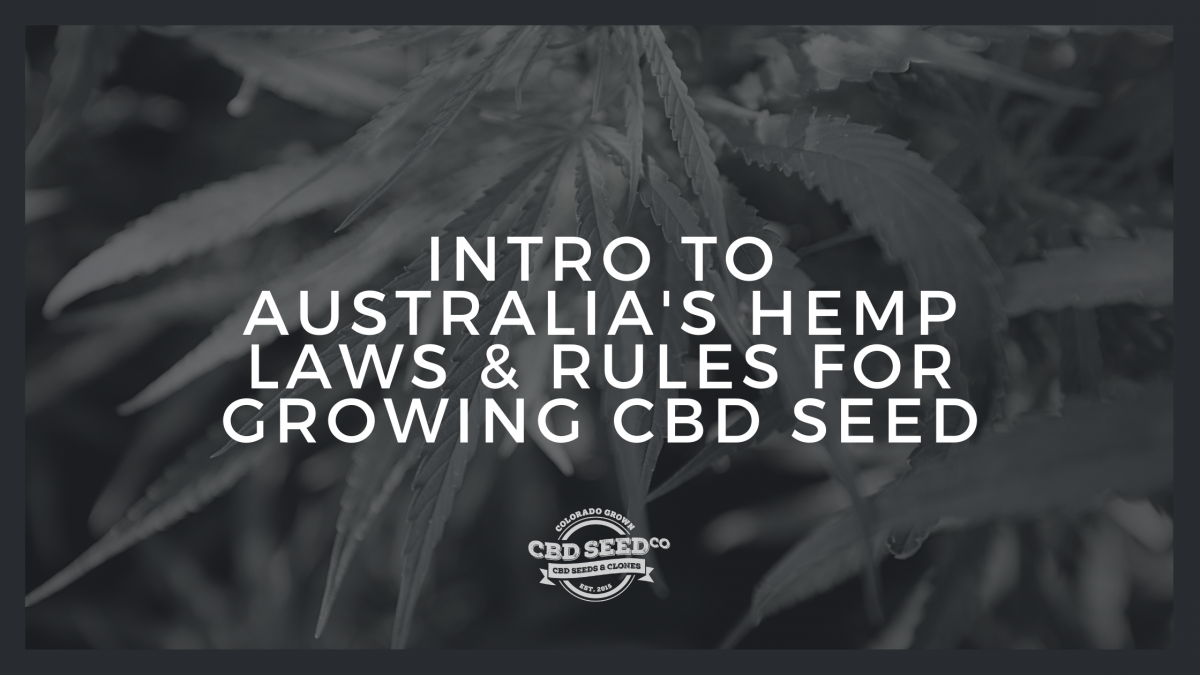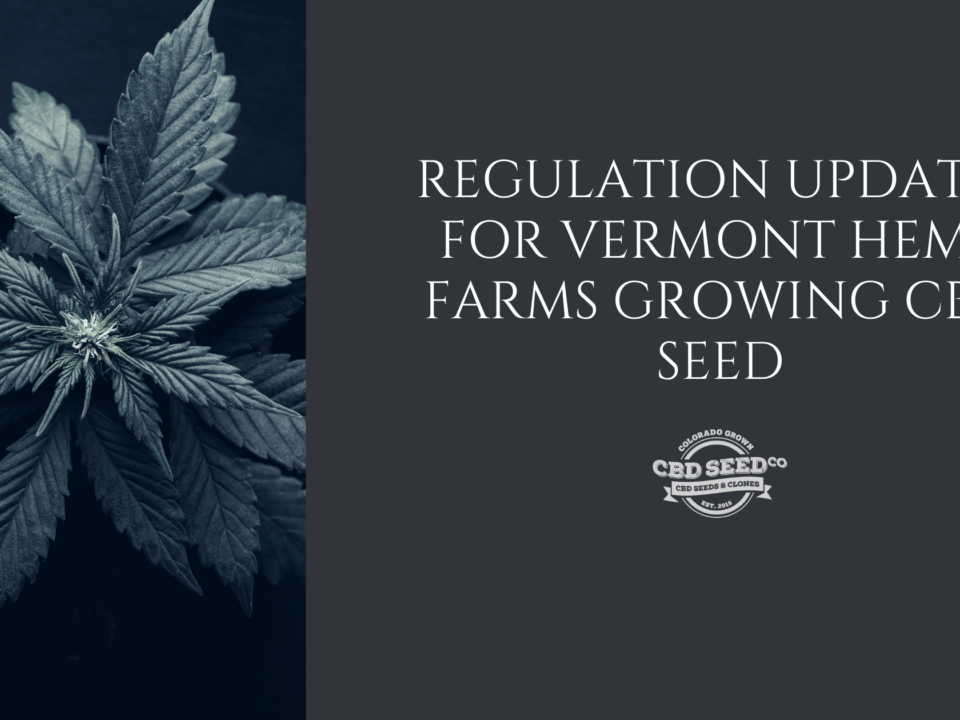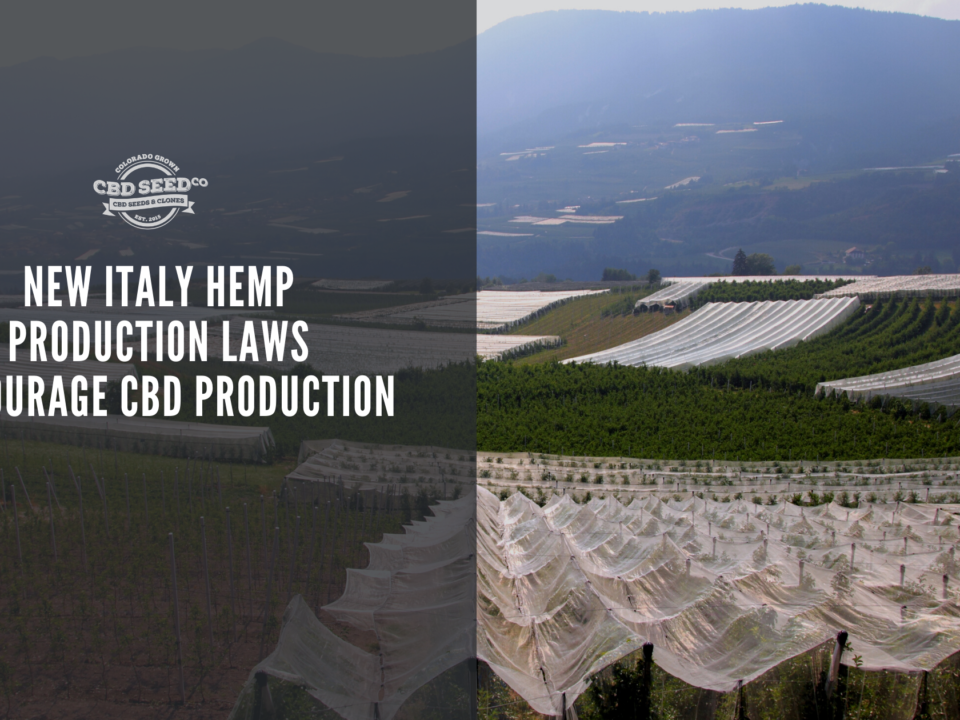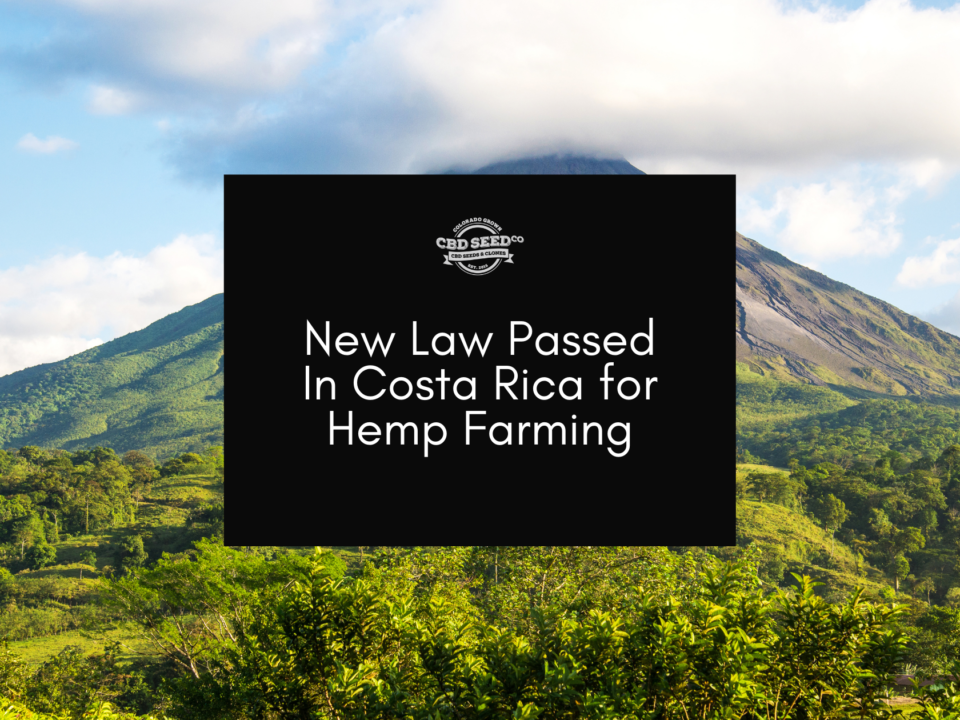Intro to Australia’s Hemp Laws & Rules for Growing CBD Seed

Tips for Growing CBD Seed on your Illinois Farm Land
July 19, 2020
Buying Hemp Seeds in Australia: Advice for Farmers
July 21, 2020If you’re a farmer in Australia, you’ve no doubt heard about the recent growth in the hemp industry. Since the Australian government approved the use of hemp in foodstuffs in 2017, the number of hemp farms has doubled in size. The hemp industry is growing worldwide and Australia is at the forefront of pioneering this movement.
Indeed, now is an excellent time to get involved. But before you purchase CBD seeds for your Australia farm, it’s important to learn about the laws that will apply to your operations. Growing hemp is different than growing any other crop. Because of the nature of the plant itself, and the psychoactive effects of high THC levels, the Australian government monitors its production closely.
At CBD Seed Co., we do our best to support our fellow farmers and provide advice when we can. In this article, we’ll discuss some of the more important aspects of Australia’s hemp laws.
What Are the Laws for Growing CBD Seed in Australia?
In Australia, individual states are responsible for regulating industrial hemp production within their borders. Therefore, the laws for growing CBD seed in Australia vary among the four different territories. New South Wales, Victoria, Queensland, Tasmania, Western Australia, and South Australia all have their own hemp laws that farmers must adhere to.
New South Wales
All farmers who wish to grow hemp in New South Wales must apply for a license from the NSW Department of Primary Industries. Licensed farmers are allowed to cultivate low THC hemp for commercial activities, manufacturing purposes, and scientific purposes. THC cannot exceed 1%.
Victoria
In Victoria, industrial hemp can be cultivated for non therapeutic uses and used in fiber, cosmetics, and food. Cultivation of hemp for medicinal purposes must be authorized through the Australian Government Office of Drug Control. Farmers can apply for a license to grow hemp seed in Victoria by submitting an application along with a criminal background check, credit report, research or business plan, and growing site information. A site inspection may also be required.
Queensland
In Queensland, industrial hemp cannot have THC levels that exceed 1%. Cultivators can apply for a grower license, researcher license, or seed handler license. Planting seed must be harvested from a plant with less than 0.5% THC.
Tasmania
In Tasmania, certified hemp seed can be grown by farmers. Hemp seed that has been certified should not produce plants with flower heads or leaves whose THC levels exceed 0.5%. Farmers cannot grow hemp plants that result in THC levels that rise above 1%. Interested farmers can apply with DPIPWE for a license.
Western Australia
Farmers in Western Australia who wish to purchase hemp seeds or clones to grow on their land must follow the laws outlined in the Industrial Hemp Act 2004. These laws state that all hemp plants grown in the region cannot have THC concentrations that are above 1%. All farmers must apply for a license before commencing any activities related to cultivation. The Government of Western Australia usually does not grant hemp licenses for individuals located in urban areas. All farmers must have their plants tested at the Chemistry Centre of Western Australia.
South Australia
In Australia, farmers and processors can apply for a license to legally cultivate hemp. Depending on what activities will be assumed, interested applicants can obtain a possession license, cultivation license, and/or processing license. All hemp plants must be grown from certified seed. This requirement is stated clearly in the Industrial Hemp Act 2017. In South Australia, hemp cannot be grown for medicinal use unless approved by the Commonwealth Office of Drug Control.
Buy CBD Seed for your Farm in Australia
CBD Seed Co. ships high quality hemp seeds and clones to farmers worldwide. Call today to learn more about our services for Australia hemp farmers or place an order for certified hemp seed.





